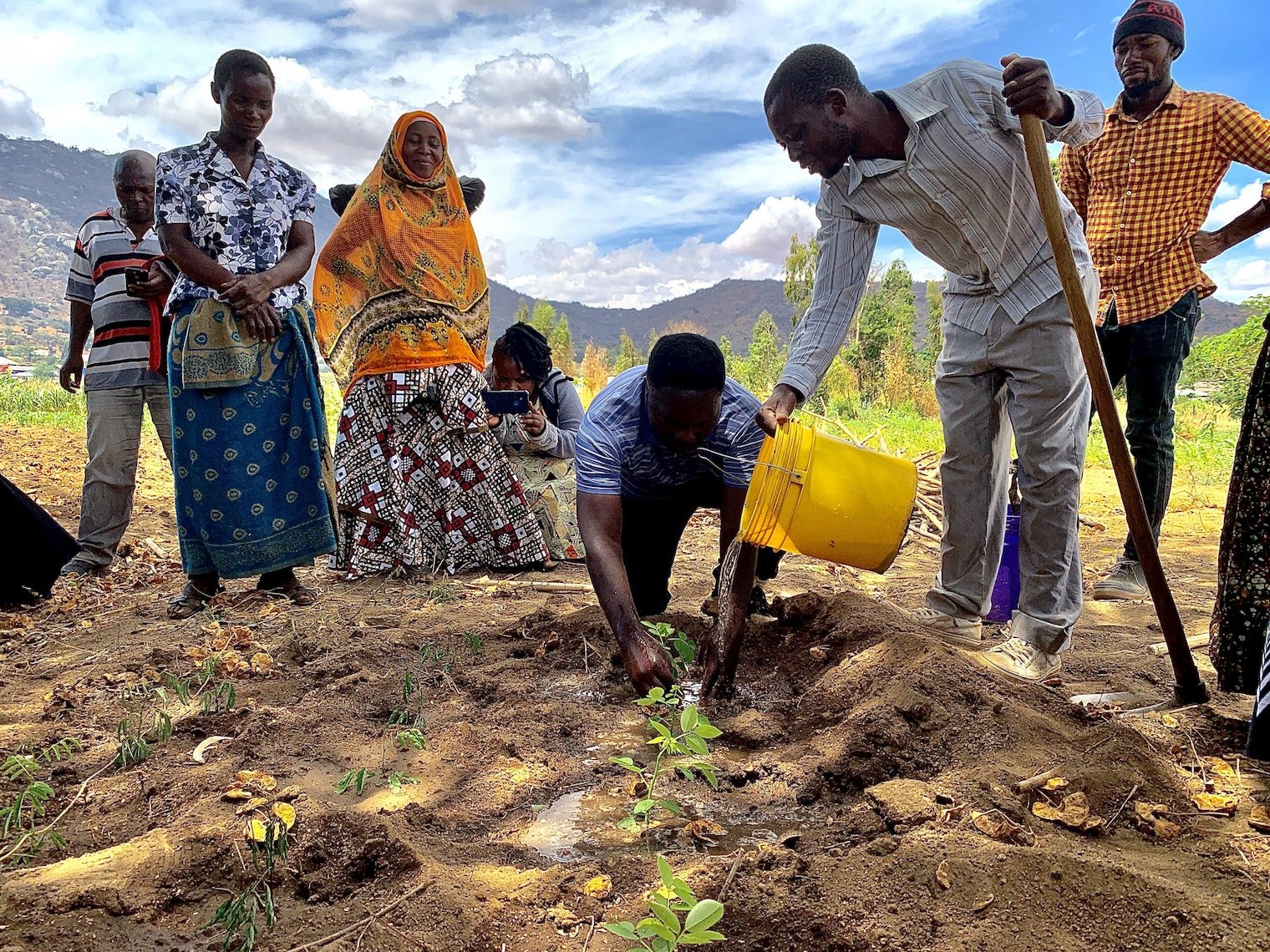Carpenter Surveyors pave the way for climate conservation
In 2023, the team Carpenter Surveyors supported various projects that will help us calculate our carbon footprint, reduce emissions, as well as support climate projects. We’re proud to share the news we have so far planted 1000 trees too, with more to come!
In this article, we share some of the projects we're funding that are making a real impact on our planet.
Carpenter Surveyors' impact visualised
Our 4 tonnes of CO2e is equivalent to one of the following:
Reforestation
Healthy trees sequester CO2, making them climate champions from the moment they’re planted. They also help to restore healthy ecosystems, sequestering and storing even more carbon in soils and plant biomass, as well as boosting biodiversity.
Reforestation projects provide co-benefits for local people which can promote employment, gender equality, new income streams, more diverse food sources to support a healthier diet, and improved community facilities.
We support only responsible tree planting. This means supporting community-led projects where ecologically appropriate species are planted at the right place and time, and where trees are guarded from natural and man-made threats.
Mangrove planting in Irregele Milato, Mozambique
Carpenter Surveyors have supported the planting of 800 trees in Mozambique, located on the Eastern coast of Africa, with 2,500 kilometres of Indian Ocean coastline facing toward Madagascar.
Around 68% of the 31 million population of Mozambique live in its vast rural areas, and its population is relatively young – with around 66% of the country under the age of 24. Historically home to vast mangrove estuaries and forests, Mozambique’s forests have been largely decimated and destroyed due to intensive tree-cutting for firewood and charcoal.
Planting forest gardens in Tanzania
The Serengeti National Park, a UNESCO World Heritage Site due to its outstanding universal value, is an indicator of the high degree of biodiversity and abundant wildlife in the country.
Due to its geographical location, Tanzania also hosts an array of rich marine and coastal ecosystems including estuaries, reefs and mangroves. These coastal areas not only provide vital habitat for wildlife which supports local livelihoods, but also assist in reducing the impact of extreme weather events such as floods.
With over a thousand bird species and nine endemic bird areas, biodiversity in Tanzania is tough to beat. It is also home to the 10th highest total number of IUCN Red Listed threatened species in the world, some of which include the kipunji monkey, the Matilda’s horned viper, and the amani forest frog. This reflects the critical importance of maintaining the high degree of biodiversity in Tanzania, which unfortunately, is on the decline.
This project will take place in Iringa, a region in the south of Tanzania which stretches along the ridges and valleys of the Udzungwa Mountains. Currently, farmers in Iringa are predominantly planting one or two types of crops. This method of planting leaves farmers incredibly vulnerable to extreme weather events, pests, and market fluctuations. In addition, most farmers operate individually, with little to no support and access to overcome obstacles in agricultural production and formal markets.
The trees that are planted in the Forest Gardens revitalise the local landscape and help create new business and market opportunities for the farmers, which enables them to diversify their income and be more resilient to climate change. The Iringa Forest Garden project will run over the course of two years, starting in May 2022 through to December 2023 and will plant upwards of 1.8 million trees over this period. It will involve around 600 local farmers.
By working with Carpenter Surveyors, you’re helping us to create a more healthier and sustainable world, both locally and globally. As a company, we are committed to protecting the environment.



